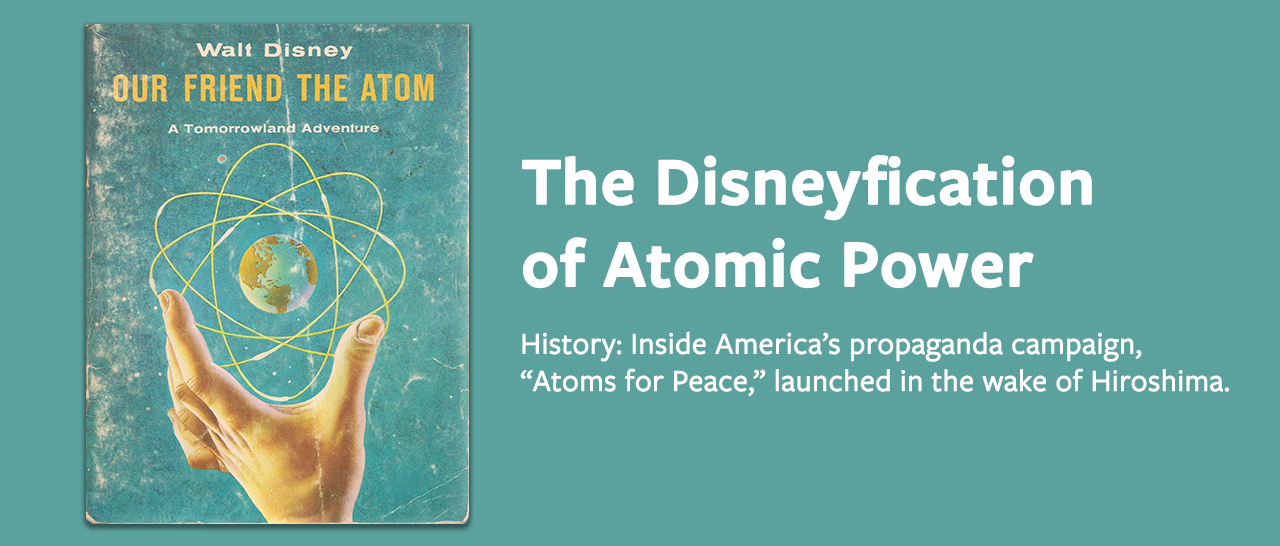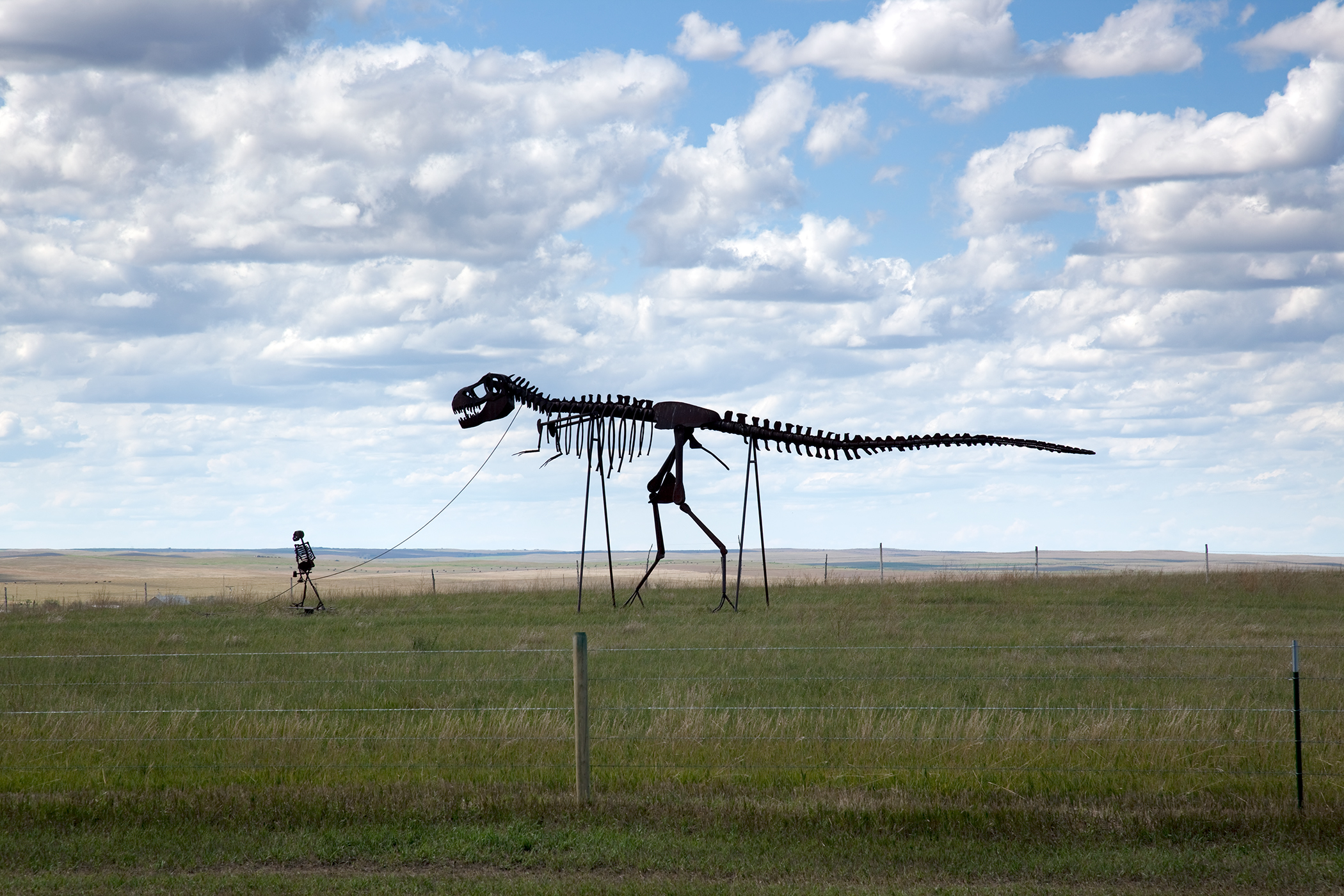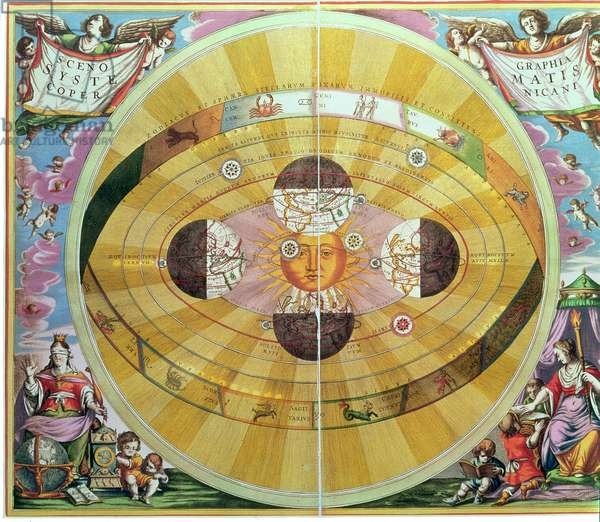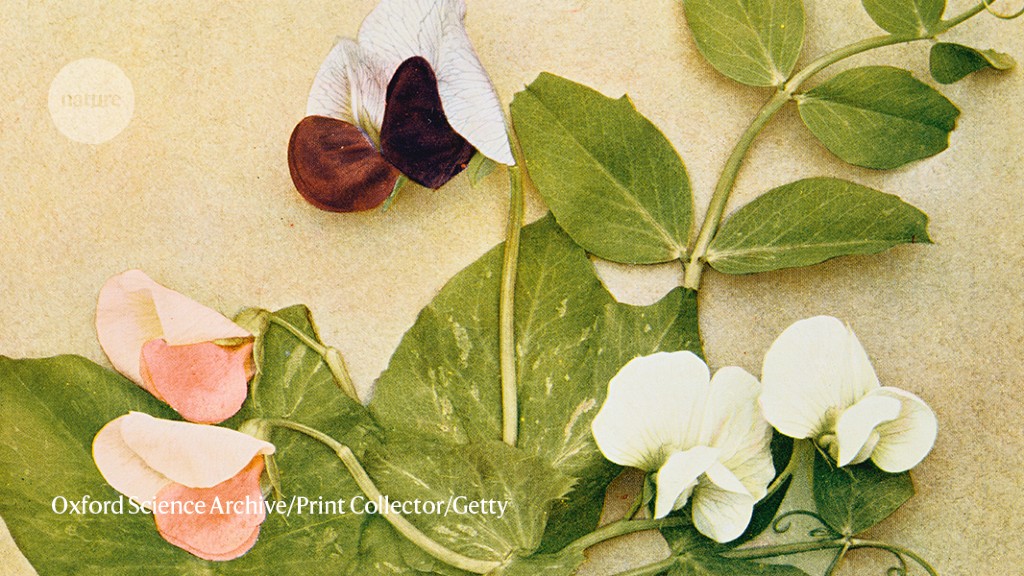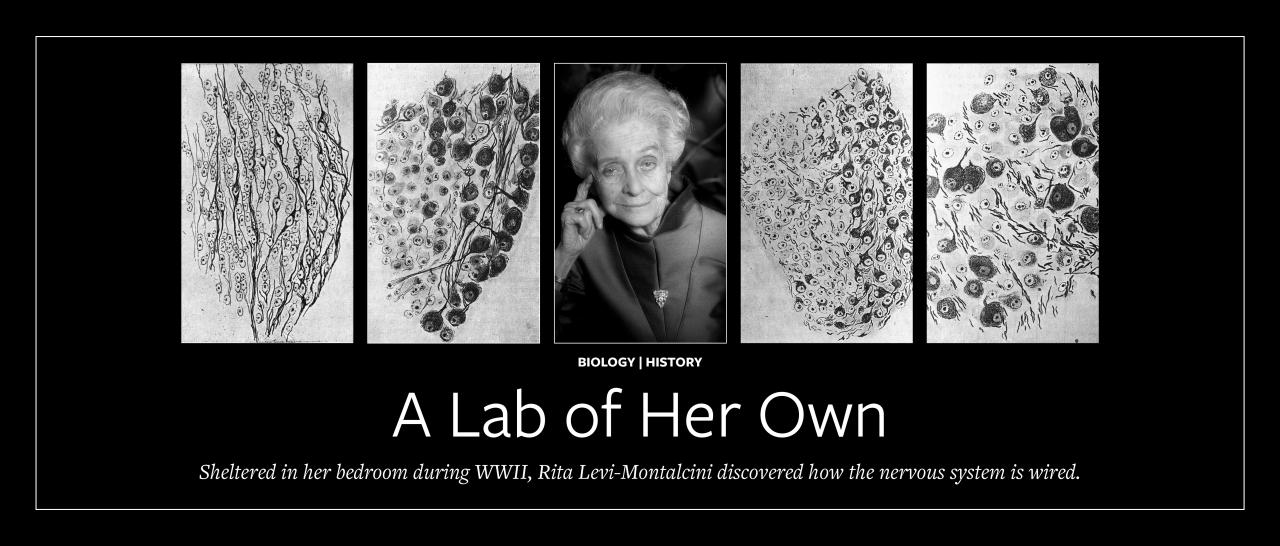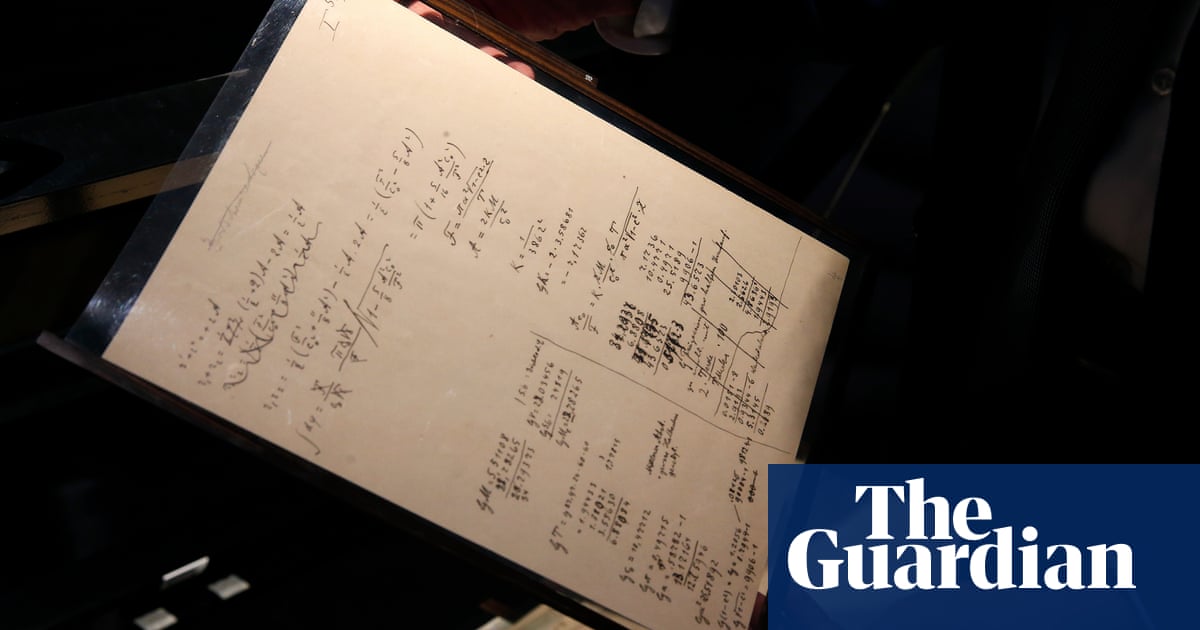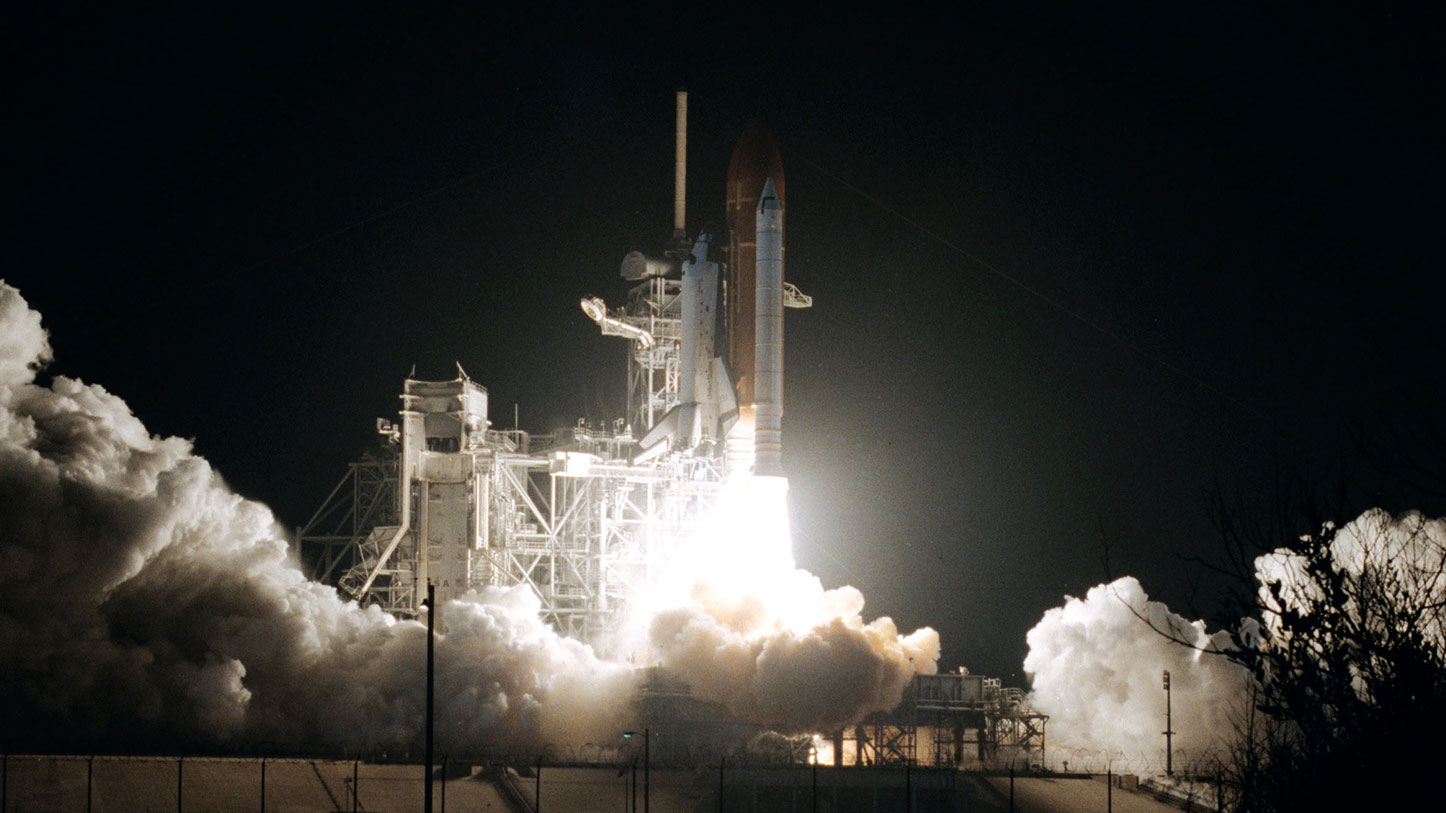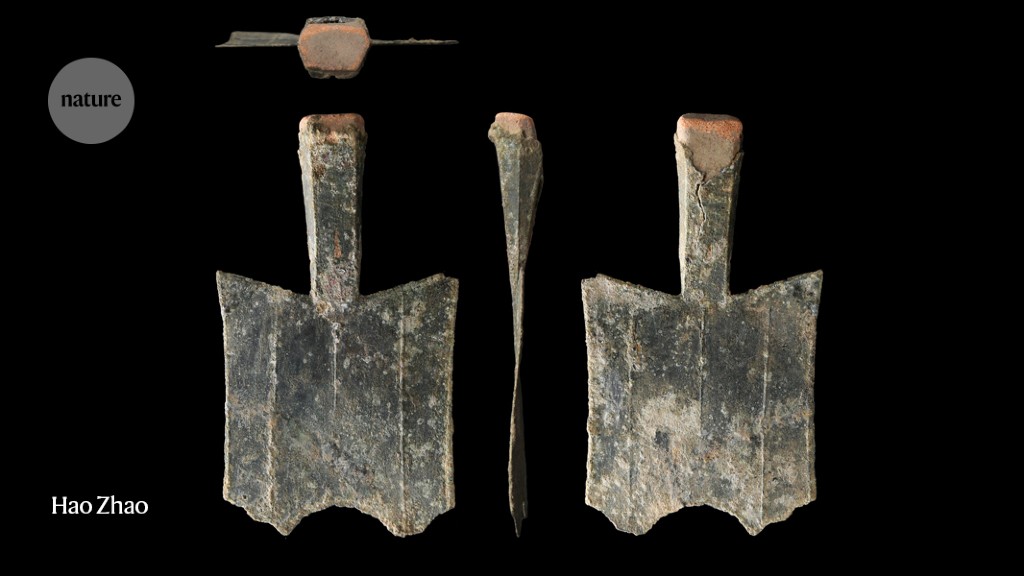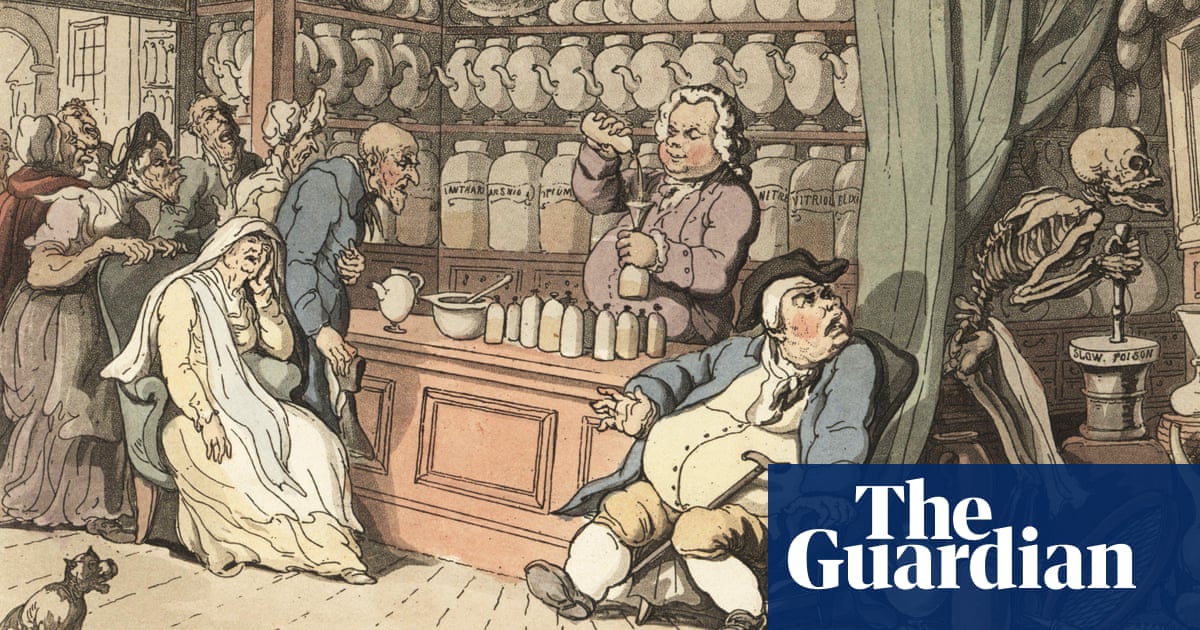Send us a link
Science History: Yue Xiong's Great Leap
Yue Xiong is a microbiologist who emigrated to the United States from China to complete his doctorate in 1989. He is the chief scientific officer of pharmaceutical company Cullgen and was a professor of biochemistry and biophysics at University of North Carolina at Chapel Hill. This article follows Yue Xiong’s quest for education and is based on an interview from the Science History Institute’s oral history archive conducted in 2000 by historian William Van Benschoten.

Four Incredible Objects That Made Science History
One of the first scientific findings signed by a woman is now online for the public to see for the first time. Martha Gerrish's descriptions of the stars in 1734 joins discoveries by Isaac Newton, Victorian fossil hunters and pioneer photographers. The documents have been digitised by the Royal Society in London.
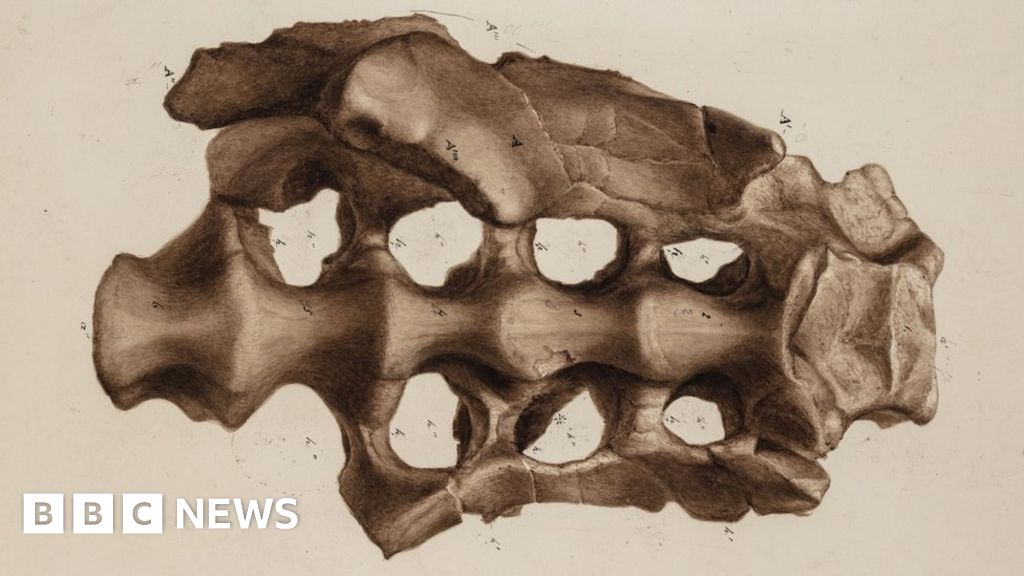
The New Superstition
Every era has its myths and rituals, doomed to seem absurd to future generations. Today, we believe in psychology.
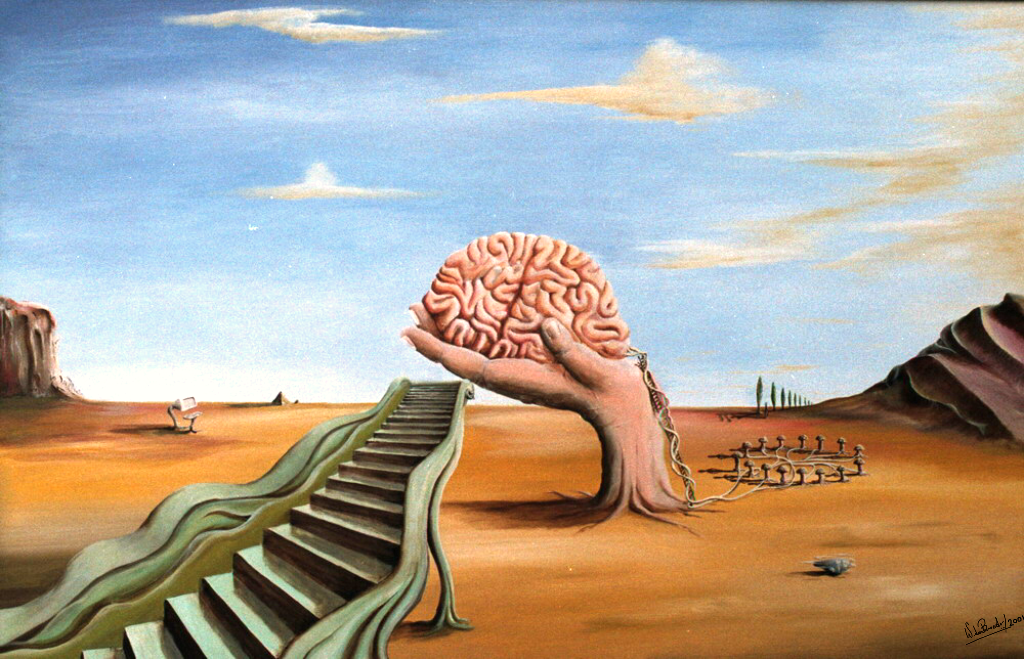
Australia's Catastrophic Rabbit Invasion Sparked by a Few Dozen British Bunnies
Australia's Catastrophic Rabbit Invasion Sparked by a Few Dozen British Bunnies
Genome analysis shows that most Australian rabbits are descendants of wild rabbits shipped to near Melbourne in 1859.
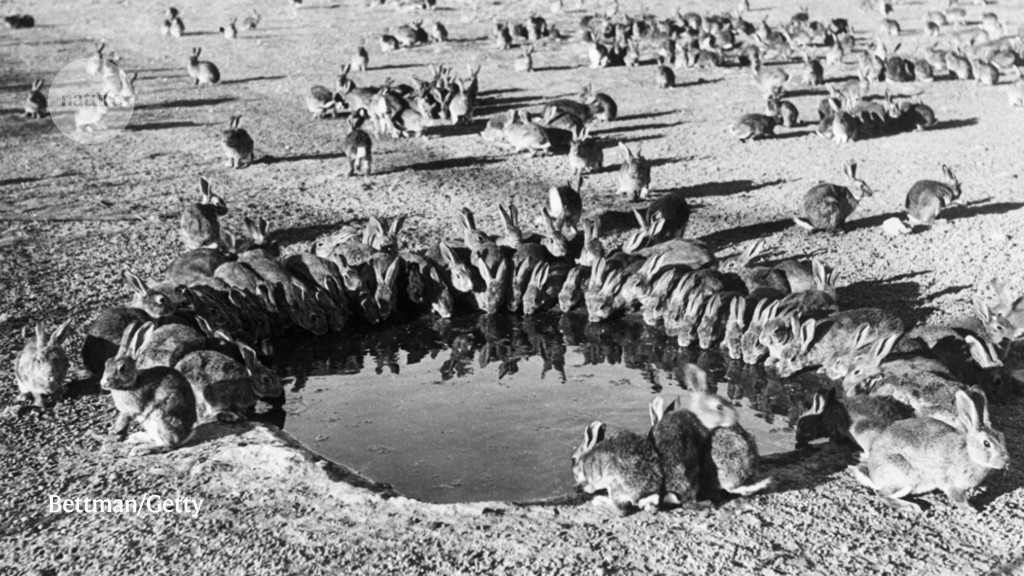
A 2,700-Year-Old Figurine Revives a Weighty Mystery
A bronze statuette recovered from a river in Germany may have been part of an early Scandinavian weight system, some archaeologists believe.
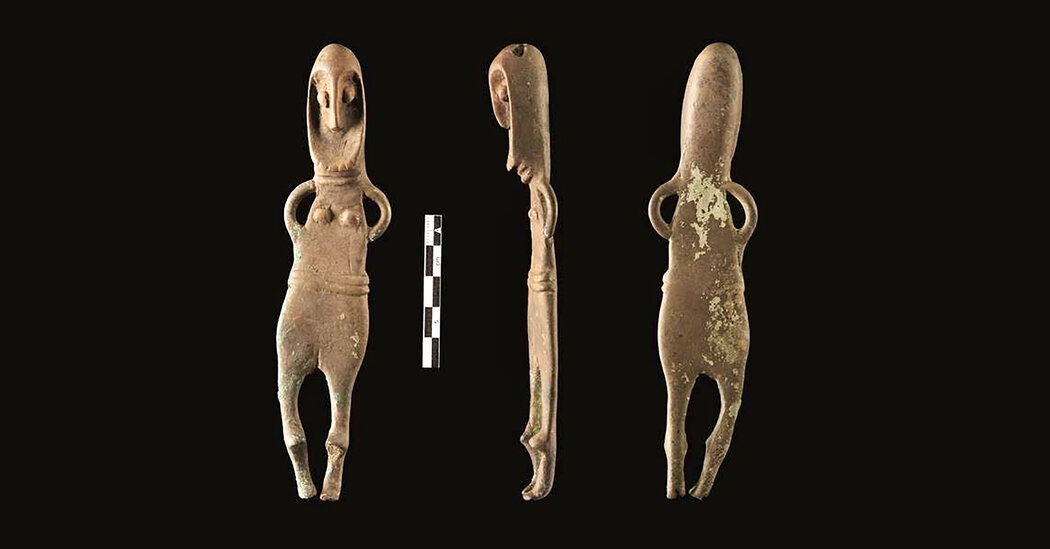
Native Peruvians Threaded Corpses' Spines on to Sticks, Study Suggests
Chincha people put their dead back together after colonisers disturbed graves when looting silver and gold, research says
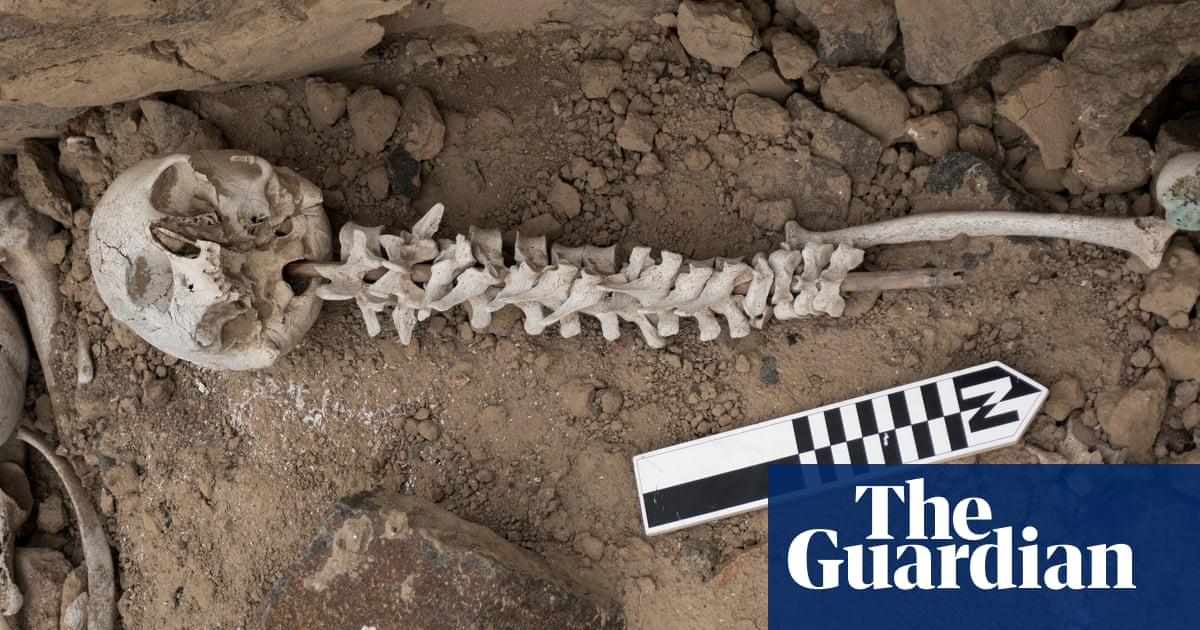
The Archaeologist Who Discovered Troy: Heinrich Schliemann
Born 200 years ago in Germany, the adventurer-archaeologist Heinrich Schliemann was obsessed with finding the kingdom of Troy described in Homer's "Iliad."
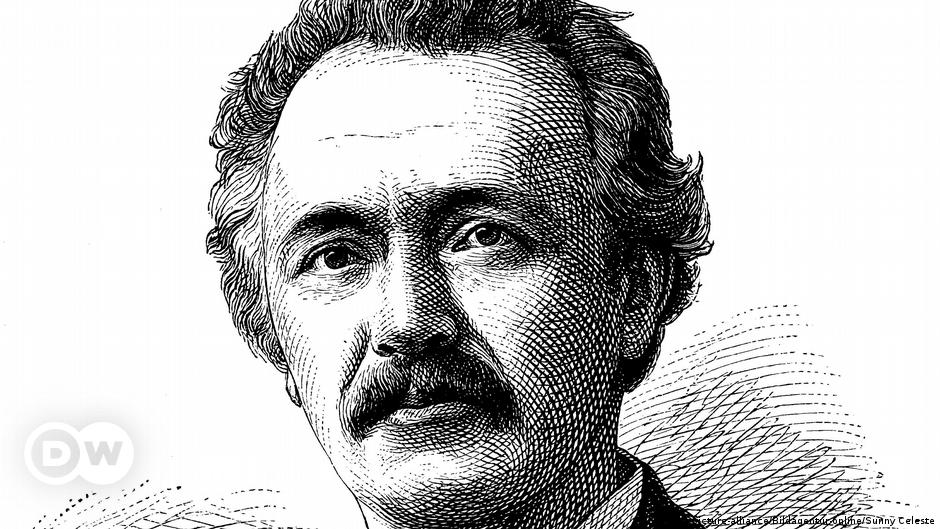
This 3,700-Year-Old Tablet is the Oldest Example of Applied Geometry
Ancient Greeks have been credited with the invention of trigonometry, but a mathematician reveals Babylonians used it about a thousand years earlier.

Scientists Find Perfectly Preserved Dinosaur Embryo Preparing to Hatch Like a Bird
At least 66m-year-old fossil discovered in southern China reveals posture previously unseen in dinosaurs
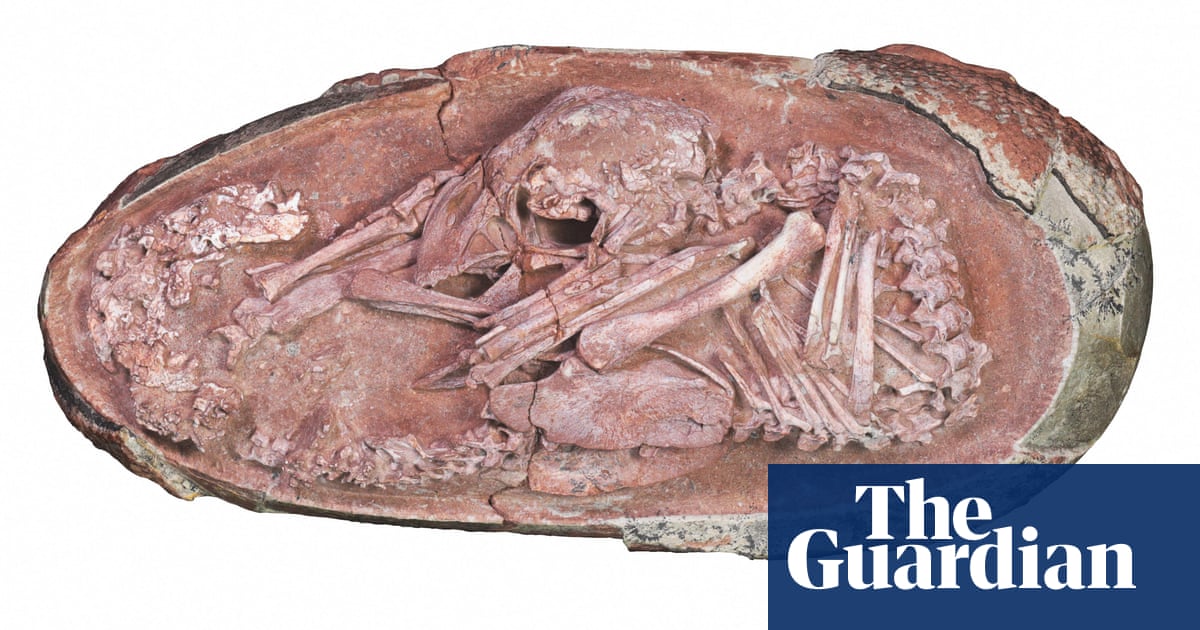
Ancient Footprints Suggest a Mysterious Hominid Lived Alongside Lucy's Species
A previously unknown hominid species may have left its marks in muddy ash about 3.66 million years ago in what is now East Africa.
How Should We Measure Innovation?
Researchers have come up with a new method for measuring the impact of an innovation.
What Did the Past Smell Like?
When people entertain transporting to the past, 19th-century Berlin, say, they don't often imagine a dramatic shift in smellscape.

'The Dawn of Everything' Rewrites 40,000 Years of Human History
A new book recasts human social evolution as multiple experiments with freedom and domination that started in the Stone Age.
Human Species Who Lived 500,000 Years Ago Named As Homo Bodoensis
Species was direct ancestor of early humans in Africa and discovery has led to reassessment of epoch

One of the Most Egregious Ripoffs in the History of Science
A new history of the race to decipher DNA reveals Shakespearean plots of scheming.

Celebrating 25 Years of Preserving the Web
Since 1996, the Internet Archive has been capturing the World Wide Web but also doing so much more to preserve our digital world behind the scenes.
The Disneyfication of Atomic Power
John Jay Hopkins's visit to Japan in 1955, as an informal emissary of "Atoms for Peace," must have seemed surreal to everyone.
